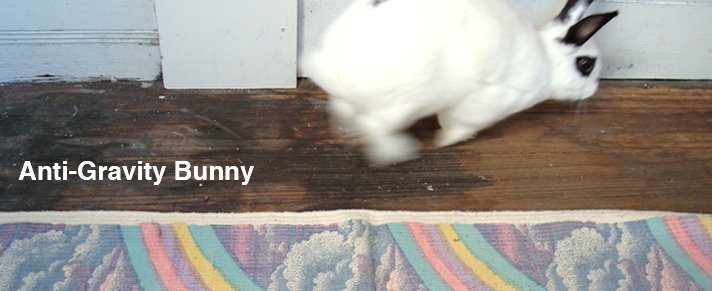
If you know what loons sound like, you've probably skipped all the text and are already downloading this. If you've never heard a loon call, either recorded or in the wild, then just start downloading now and thank me afterwards.
Loons make the creepiest fucking sounds out of any animal ever. The different technical names for loons calls are wail, tremolo, yodel, hoot, and various combinations like tremolo-wail but the word "ghostly" pretty much sums it all up. They sound like ghosts. Beautiful, horrifying ghosts. The specters of the northern wilderness that wake you up in the middle of the night and give you the sweats, who then soothe your fears and lull you back to sleep.
The first side is narrated by Robert J. Lurtsema who helps to identify the different calls. The second side is uninterrupted by humans, just 21 minutes of sounds like "Chorus From A Distant Lake," "Wails During A Thunderstorm," and "Coyotes Calling With Loons." So you can just throw that on and remember those late nights spent staring at the stars on a Maine lake.
The back of the jacket (included in the zip) has plenty of detailed notes, including some spectrographs showing what the different calls look like. So cool. But the best part of this whole thing (other than the recording, obv) is the "Important Note" that warns you not to play this record "near waters occupied by breeding pairs" because apparently loons are a bunch of pussies that can't handle some stiff competition.
LOOOOOOOON





